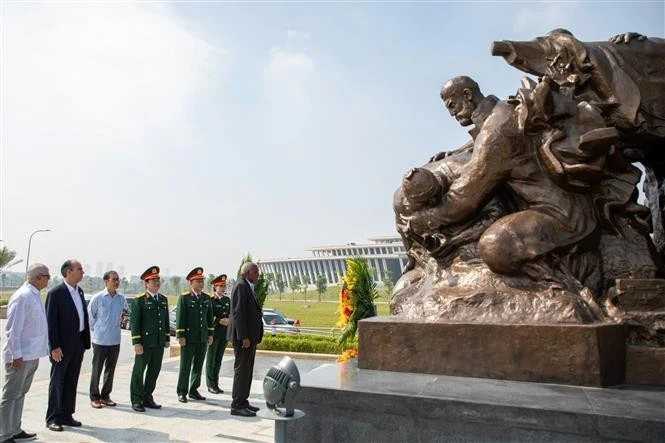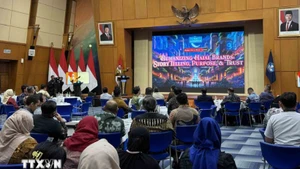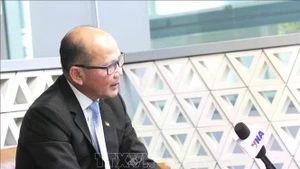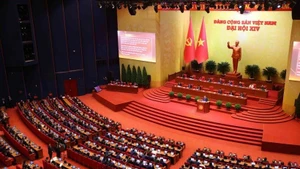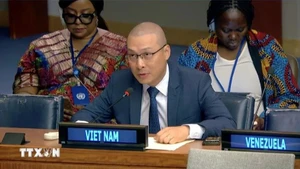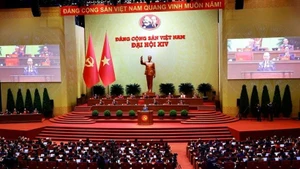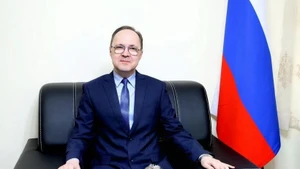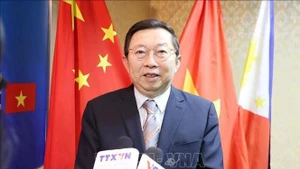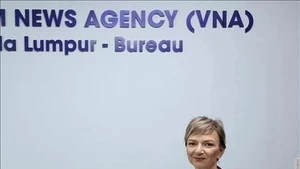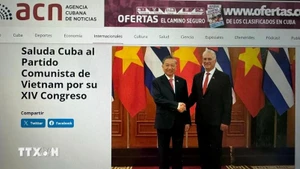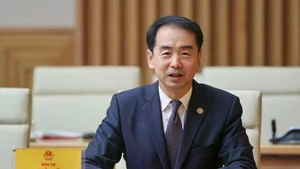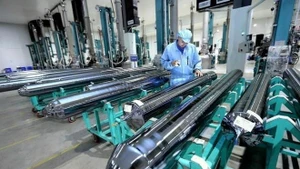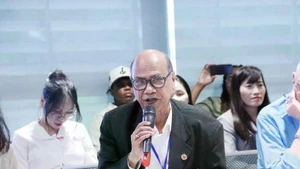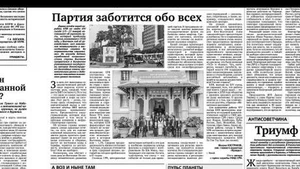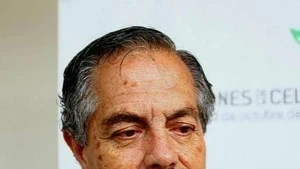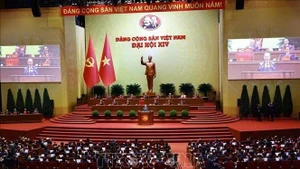At the site, the top Cuban legislator and his entourage laid flowers at the monument dedicated to Cuban military experts who supported Viet Nam during past struggles. They were later briefed on six display themes highlighting key stages in the country’s history, from early state formation and defence, struggles against foreign invasions to national building and safeguarding in the modern era.
The Viet Nam Military History Museum, established in 1956 on Dien Bien Phu street, is one of six national-level museums and serves as the leading institution in the army museum system.
In 2019, a new facility was developed on Thang Long Boulevard with modern design and advanced display technologies, covering 23,198 sq.m and housing tens of thousands of artifacts. A 45-metre Victory Tower featuring a layered five-pointed star symbolising the nation’s independence in 1945 stands prominently in front of the main building.
The museum has been recognised as a major cultural landmark, offering interactive displays that allow visitors to better understand the Vietnamese people’s struggle for independence and contributing to the preservation of the nation’s military heritage.
Despite geographical distance, Vietnam and Cuba have nurtured a special bond of solidarity, friendship, and comprehensive cooperation, forged by leaders including Cuban national hero Jose Martí, President Ho Chi Minh, and leader Fidel Castro, and strengthened through generations. Over the past 65 years, this relationship has stood the test of time, becoming a rare model of faithful and transparent friendship in international relations.
The ongoing visit by the top Cuban legislator holds significant importance in many respects. It is not only part of the annual high-level exchanges between the two legislatures but also a major political and diplomatic event, contributing to the consolidation and further development of the special solidarity and traditional friendship between Viet am and Cuba.
A key highlight is the co-chairing of the second session of the Viet Nam–Cuba Inter-Parliamentary Cooperation Committee, a relatively new mechanism that has quickly proven its effectiveness.
The initiative reflects the strategic vision of the two legislative bodies in establishing a regular and organised channel for direct exchanges, thereby deepening bilateral relations.
